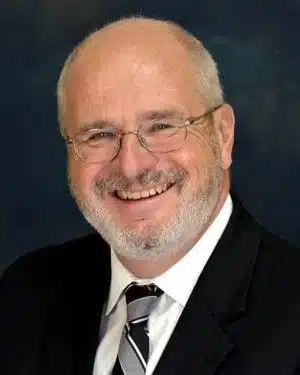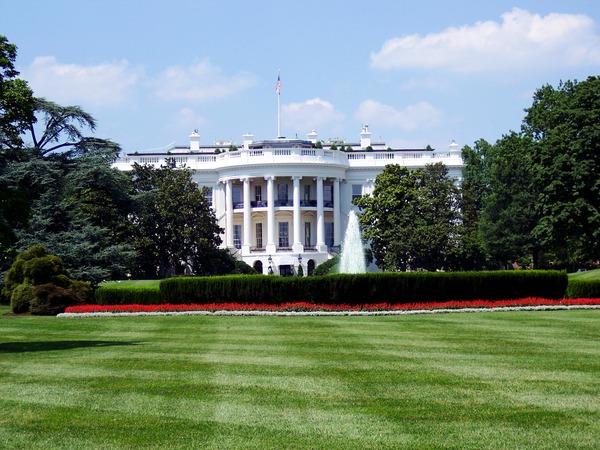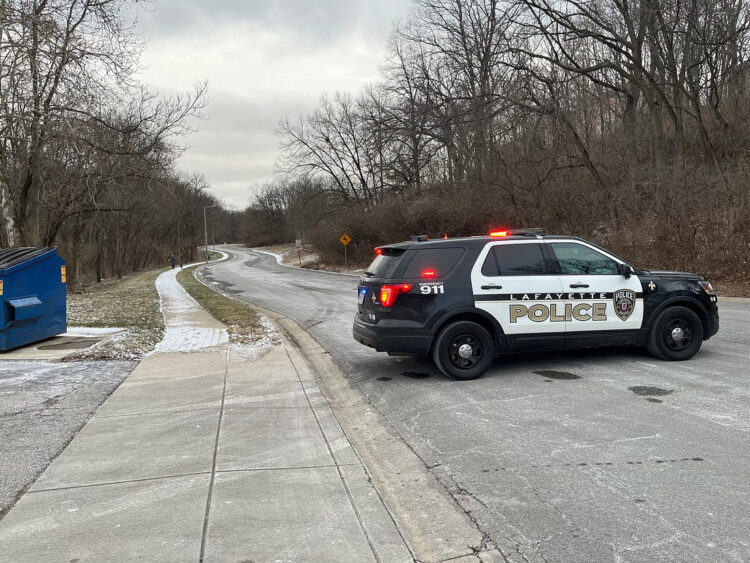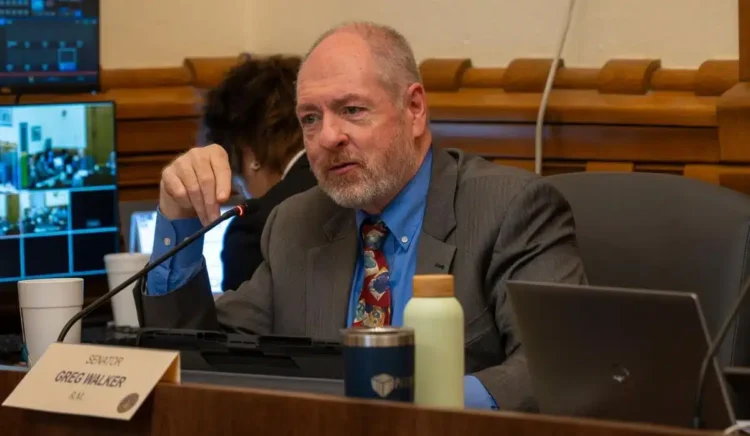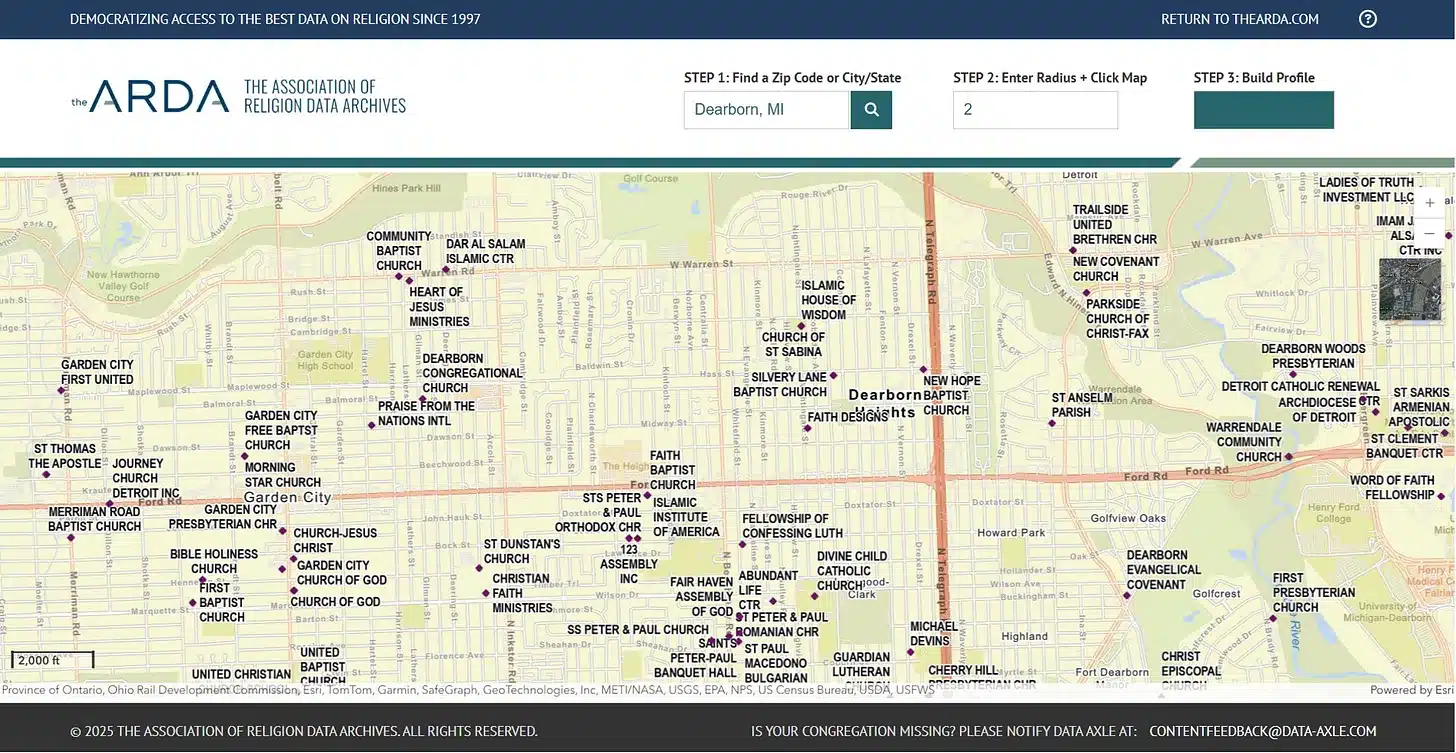Any reasonable person—conservative or progressive, Republican or Democrat—who has paid attention over the past few years could see something like this coming. With all the free-flowing anger rushing over the landscape, it was just a matter of time before someone was killed.
It’s more than just a question of uncivil discourse. From our earliest days as a nation, we have always had people who say mean and often scurrilous things about public figures.
But the difference now is something other than political palaver.
We seem to have lost the ability to make meaningful distinctions. Far too many Americans now do not think of people who disagree with them as simply mistaken or even just wrong.
No, they think of them as evil—and thus suitable objects for loathing, hatred and, yes, violence.
This is not what American politics is supposed to be. Our system of government is grounded in the faith that human beings with different interests and varying beliefs can reason with each other.
The founders staked their lives and this country’s future on the premise that people of good faith can find ways to accommodate each other and live together.
We struggle to do that now.
Even relatively simple questions—should we as a nation pay our debts—turn into not debates or even arguments but existential death matches.
I don’t think it was an accident or coincidence that Melissa Hortman, the Minnesota legislator who died along with her husband in the shootings, had a well-earned reputation for bringing people together.
Her gift, it seems, was getting people with different points of view on an issue together to talk. She kept them talking until they found some small sliver of common ground and then built upon that.
At one time, not long ago, those were not uncommon skills in the political world. Most elected officials had to possess them in at least a small measure to retain office and get anything done.
Decades of gerrymandering and the increasing ideological balkanization of our media have changed that. We now have a Congress, and goodness knows how many state legislatures across the land, filled with blowhards who think that screeching insults at people with whom they disagree is the same thing as advancing an argument.
Our systems of government have stopped being a means of resolving differences and instead have become theaters for performance art.
It is at this point that I’m supposed to say that both sides are guilty of this.
To some degree, that’s true.
There are people on the left who are rage-filled and unreasoning.
Very few of them, though, pick up guns and go shoot people with whom they disagree. Nor do their leaders encourage them to do so.
That’s not the case with those on the right. Perhaps their constant ill temper is a result of the fact that their movement no longer has a cohesive set of principles—hour by hour, conservatives are either fervently for or adamantly against tariffs, for example—or is it just is a reaction to the upheavals of a change-filled, unsettling time?
I don’t have the answer to that one.
Then there’s the question of President Donald Trump.
I’ve spent years pondering whether he is a source of all the bile choking this country or simply a symptom. I don’t have an answer to that one, either.
But I do know that a leader who urges his followers to beat up people who disagree with him isn’t, at the very least, deescalating existing tensions.
And people who voted for such a leader despite the fact that he responded to a setback at the polls by sending a mob determined to kill other political leaders, including his own vice president, to storm the Capitol weren’t thinking through where all this might lead.
Pardoning the members of that mob will not discourage the president’s other supporters from resorting to violence.
At Melissa Hortman’s memorial service, my guess is that the eulogists will talk at length about her ability to get people from different walks of life to see the humanity in each other and work together.
That gift says a lot about her.
And the fact that her eulogy had to be written so early says a lot about America right now.

